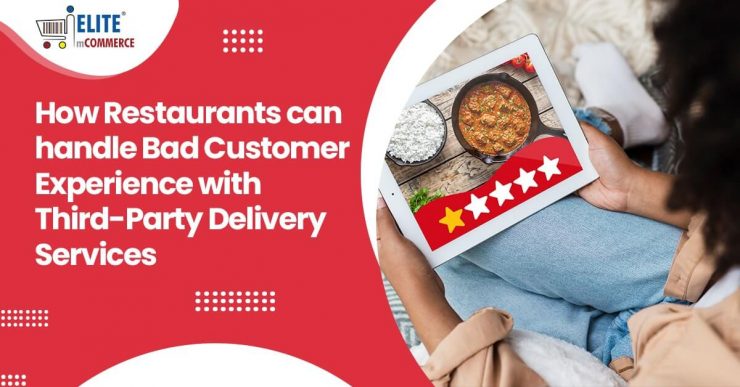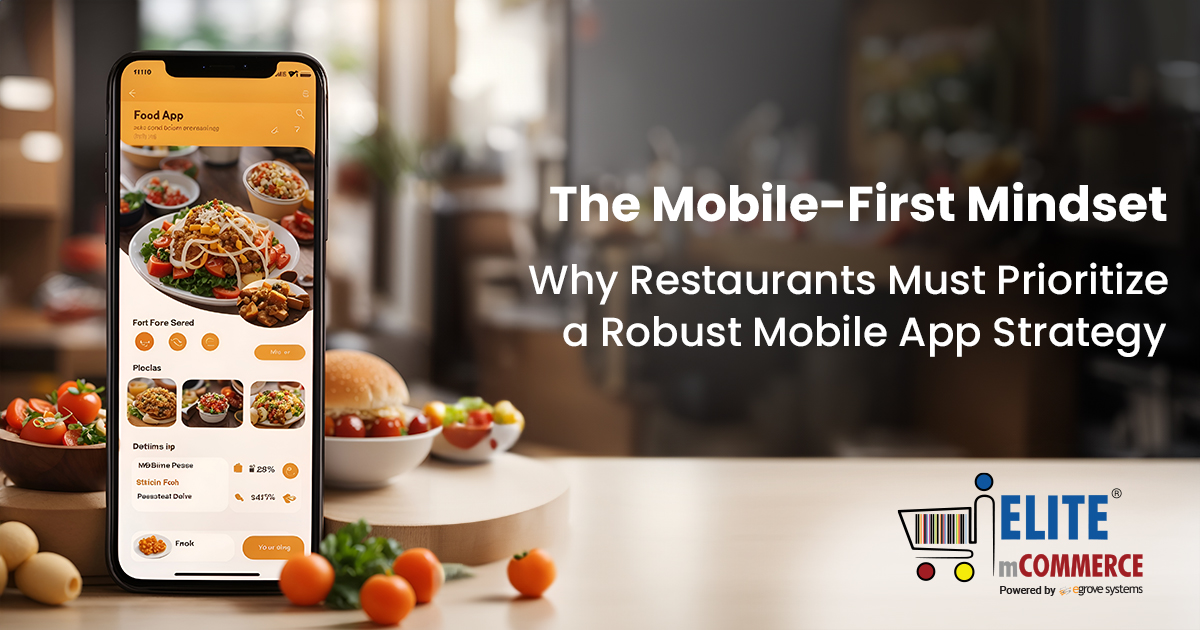Many restaurants have partnered with third-party ordering platforms to sell off-premises, especially for delivery. Having the flexibility to offer home delivery without having a dedicated delivery staff can increase the volume of sales and make your business more accessible to customers.
However, when delivery is handled by a third party, the restaurant loses control of what takes place afterwards. Whether the order arrives late, in bad condition, or is not to the customer’s satisfaction, they may get a bad impression of your restaurant, even if you had nothing to do with it. Being prepared to deal with these negative impressions depends on clear and rapid communication with the customer and the delivery service. Addressing these issues as quickly as possible is essential to maintaining a good reputation.
A number of different issues can cause customers to have a bad experience with delivery. A survey from First Orion found that 50% of customers had contacted customer service about late orders, with other reasons being incorrect orders (37%), cold or non-fresh food (36%), driver needing directions (33%), food never arrived (26%), delivery driver attitude/behaviour issue (14%). Other than incorrect orders, these can often be attributed to the delivery service, and even incorrect orders can be caused by the driver mixing up two deliveries. Over 80% of customers said their satisfaction would go down if resolving an issue took too long.
Managing Your Relationship to Delivery Services
Delivery workers from DoorDash, Grubhub, and other third-party services are out of a restaurant’s direct control once they pick up orders, but the restaurant staff can play a role in making the transition as efficient as possible. If you organize where drivers can park and pick up orders, they can fulfil them quickly, reducing your role in late orders. The labels and receipts on the packaged food can include the time when the food was ready, showing the customer that you had the food ready soon after the order was made. In addition, treating the delivery workers respectfully and helping them get in and out quickly will make them want to accept orders from your restaurant and do a good job with them. If special instructions were sent, make sure the driver is aware of them.
When you partner with a third-party delivery app, research their policies to make sure they respond with accountability to delivery issues. If a customer contacts their customer support about an issue, they may contact the customer and offer refunds without your involvement. You need to stay aware of these situations since you have no control of the customer service’s quality and whether the customer is satisfied by their response. Develop your own policy for dealing with any issues and issuing apologies and refunds so you can rapidly respond if customers are frustrated by the third-party’s response time.
Read also :-Best Practices for Restaurant Inventory Management
Go Above and Beyond for Reviews
A study from market research firm Zion & Zion found that 62% of consumers who receive a bad food delivery experience blame both the restaurant and the delivery company. Bad experiences can lead to negative online reviews on Yelp, Google, and elsewhere that can turn up when potential customers search your brand. According to the National Restaurant Association, 51% of customers are likely to choose a restaurant over similar options based on online reviews. Monitor these sites regularly, since customers may give a bad review without contacting you about their issue when it happened.
On these sites, businesses can write their own responses to reviews. Among the consumers who read reviews, 97% read businesses’ responses to reviews, so you have an opportunity to show potential customers your side of the story.
While it can be tempting to pass the blame onto the third-party delivery service when replying to reviews, this shouldn’t be the focus of your comments. It’s more important to demonstrate that you are sorry about the poor experience, regardless of who was responsible, and that you are working to improve the quality of delivery. Even if customers believe that you were not at fault, it’s more meaningful to take a humble and respectful approach to them.
Third-party delivery makes it harder to be accountable to customers, but it’s as important as ever to manage your reputation and ensure your food reaches customers in good condition and in a timely manner.









Add comment